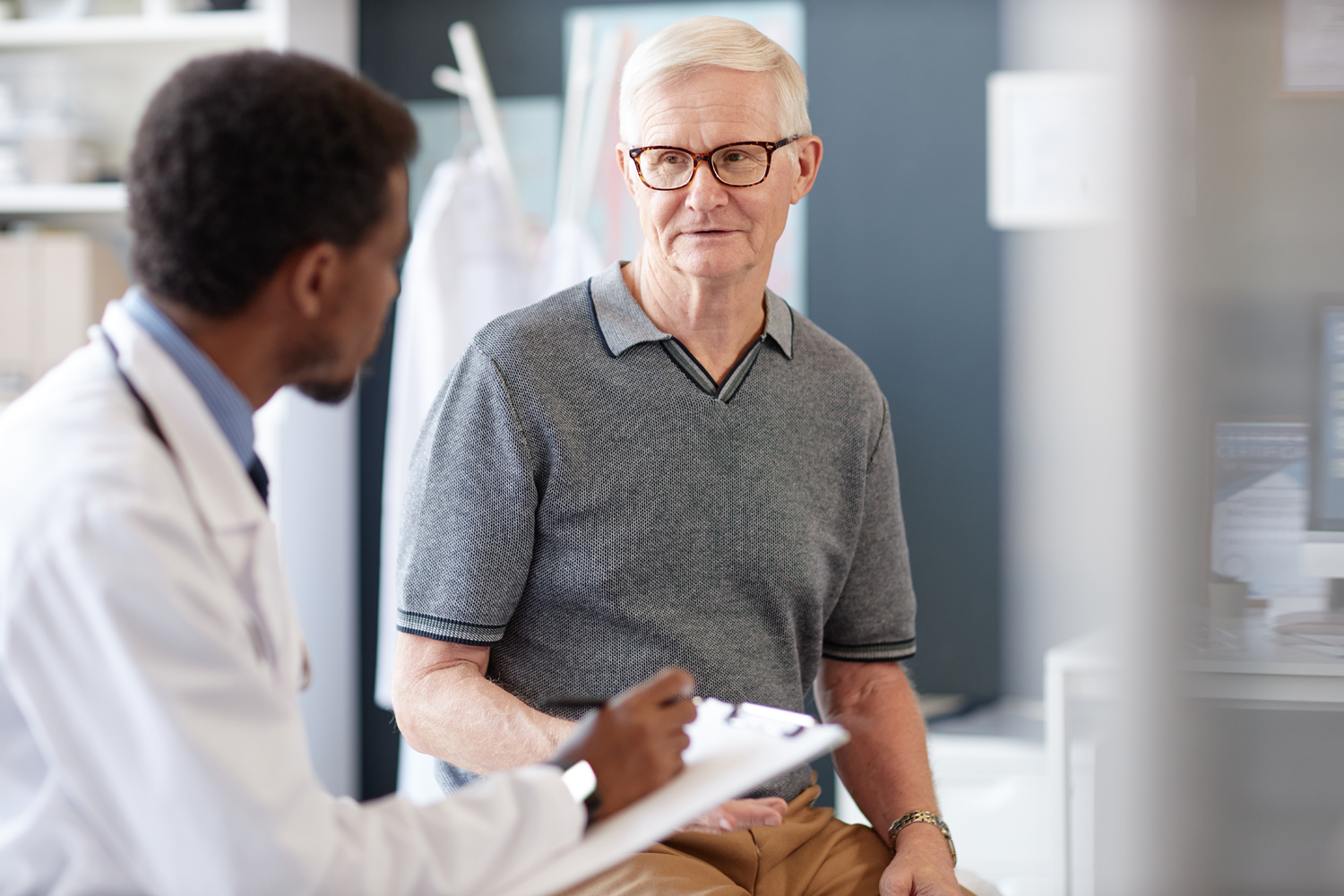-
Caregiving With Confidence
Addressing AngerCaregivers can take steps to encourage patients to have more healthy dialogue about strong emotions.
by K.J. Bannan
-
Healthy Habits
Break a SweatResearch shows physical activity during chemotherapy treatment can help patients with recovery.
by Erin O’Donnell
-
Healthy Habits
Make Time for TeaA daily tea habit is associated with improved survival for those with colorectal cancer.
by Anne Danahy
-
Sound Advice
How can I prevent chemotherapy-related nausea and vomiting?Take these precautions to try to avoid these common side effects of treatment.
-
Sound Advice
Can people with cancer be around pets during treatment?An oncologist outlines how to still enjoy the family pet throughout treatment while avoiding infections.
-
Sound Advice
How do I address insomnia after cancer treatment?A sleep medicine expert explains what's behind insomnia and options for treating the disorder.
-
Lung Cancer Patients Face Worse Survival After Wildfire Exposure
Researchers find that lung cancer patients recovering from surgery are especially vulnerable to the health hazards of wildfires even up to a year later.
by Sandra Gordon
-
Your Cancer Guide
A Difficult DuoPeople with cancer who have existing mental health conditions may need to double down to get the support they need.
by Hester Hill Schnipper
-
Caregiving With Confidence
Cancer ConfidentialCaregivers and their loved ones may need to set ground rules for communicating sensitive health information.
by K.J. Bannan
-
Getting Over Weight
Messages about weight are common in the U.S. Stigmatizing cancer patients because of their weight can negatively affect them in a health care setting.
by Eric Fitzsimmons
Cancer Talk
At-home Prostate Cancer Test May Help Some Men Avoid Biopsy
The test, which analyzes urine for 18 cancer-specific genes, ruled out the need for biopsy in men with elevated PSA without a digital rectal exam.
by Sandra Gordon
The Power of ComedyIn a new play, the pain of cancer can be a chance to laugh.
by Ashley P. Taylor
Melanoma Risk in Childhood Cancer SurvivorsPeople treated for childhood cancer found to have twice the risk of developing melanoma as an adult.
by Cameron Walker
Online Second OpinionsMore than half of patients who participated in a program offering online second opinions were recommended a change to their treatment plan.
by Eric Fitzsimmons














